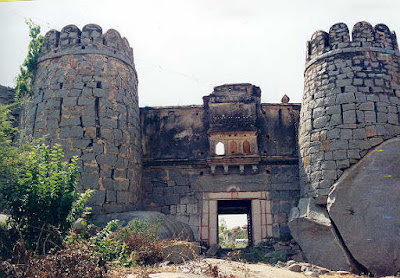Asteya in yoga sutras is non-stealing. In this section, it has
been expanded to team work because teamwork includes not taking credit when not
due. Ability to develop a common dharma (team conditioning) and ensuring that the
common objective is met is a critical element of yama.
A team is a collection of people with a common purpose. What
makes this entity so important? How does the performance of a well-trained and
led team make a difference?
Ability to develop a common conditioning or value system from
the conditioning of different people and ensuring that common objective is met
is critical for success of any venture.
Anecdotes,
experiences and situations to help understand…
Example 1 – Let us compare two different football teams, one of
novices and another of professionals. Novices normally never play in any single
position. In any game, one person would kick the ball and everyone would run
after it. As a result, everyone wants credit for the goal and this gives rise
to prima donnas, who never pass the ball. On the other hand, professional team
members are specialists who maintain their own positions. Though each team
member has his own characteristic style of playing, the team operates on the
principle of give and take, with one dharma (conditioning or value system). As a result, the
team wins.
Teaming is not confined to physical possessions but also
includes the ability to share thoughts, information, credit and criticism.
Example 2 – How loss of teamwork can lead to disaster…
- On 23 June, 1757, at the battle of Plassey, Mir Jaffar was bribed by Robert Clive to remain out of battle. This lead to the defeat of Siraj-ud-Daula, starting British rule in India.
- Similarly, on 4 May 1799, at the battle of Srirangapatna, Mir Sadiq was bribed to withdraw his soldiers from battle, resulting in Tipu Sultan’s death, and the consolidation of power by the British in India.
Share your opinion and experiences
- How do we integrate different team requirements to a single objective?
- What is the role of the team leader? Why is he or she important?
- How does one resolve intra-team conflict?
- How important is communication in a team?
- Is hierarchy important in a team?
- Is structure important in a team?
- What is the impact of a prima donna (one who constantly hogs the limelight?)
- What is morale? How important is it to team dynamics?
- How do you motivate a team in difficult situations?
- How important is giving due credit to team motivation?
- What happens to a team where politics & favoritism impact decisions?







No comments:
Post a Comment